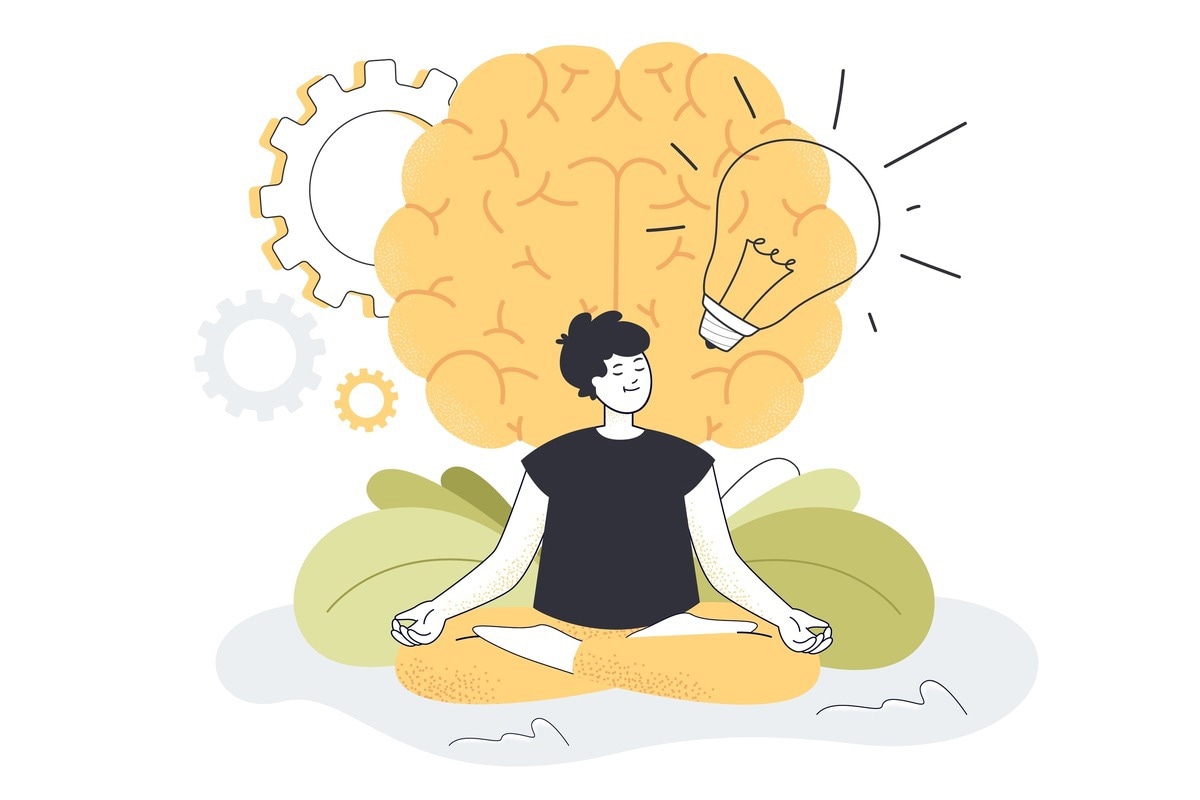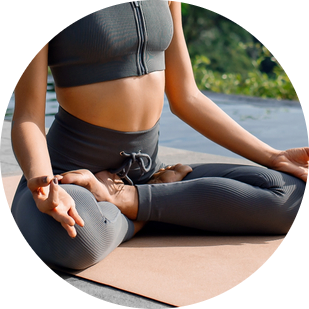
To celebrate the International Day of Yoga 2022, we are showcasing the different branches of yoga and their impact on our health via a selection of our Health Articles, as well as highlighting the work of researchers who specialize in the scientific understanding of the health benefits of yoga and its associated practices.
Expert Comments
While the health benefits of physical exercise are well established, in recent years, the active attentional component of breathing and meditation practice has garnered interest among exercise neuroscientists. A review of the studies examining the effects of yoga practice on the brain demonstrate a positive effect of yoga practice on the structure and/or function of the hippocampus, amygdala, prefrontal cortex, cingulate cortex and brain networks including the default mode network.
The studies offer promising early evidence that behavioral interventions like yoga may hold promise to mitigate age-related and neurodegenerative declines as many of the regions identified are known to demonstrate significant age-related atrophy." - Dr. Neha Gothe, Associate Professor and Director of the Exercise Psychology Lab at the University of Illinois at Urbana-Champaign. Author of Yoga Effects on Brain Health: A Systematic Review of the Current Literature and Differences in Brain Structure and Function Among Yoga Practitioners and Controls.

Image Credit: BRO.vector/Shutterstock.com
My research into yoga for people aged 60 years and over has shown that yoga is beneficial for improving balance and mobility. Another piece of my research showed some evidence that yoga improves health-related quality of life and mental wellbeing. I have also surveyed older people about their perceptions and acceptance of yoga and it was perceived favourably.
I am now conducting the first rigorous trial internationally to answer the important question: “Does yoga prevent falls in people aged 60 years and over?” The trial is ongoing so we don’t know the answer to the question about falls but initial interviews that we have conducted with some of the research participants point to very positive outcomes as a result of the yoga program we are testing." - Professor Anne Tiedemann, Professor of Physcial Activity and Health, the University of Sydney.
A summary of Professor Tiedemann’s research about yoga and its potential benefit for preventing falls in older age can be found here: Does yoga reduce the risk of falls in older people?
Articles
Among the health benefits, the practice of yoga has been linked to several health benefits that include decreasing chronic pain, stabilization of blood pressure, and stress reduction. Supportive data also suggest that yoga improves, strength, flexibility, breathing, balance, spine and mental health, and blood flow.
Initial studies conducted in the 1950s and 1960s were poorly controlled and the results achieved were thus not reliable. However, modern technology and experimental techniques have allowed the researchers to look further into what changes are noted when people meditate, over both the short and long term.
A team of researchers has made a ground-breaking discovery on the use of the popular mindfulness meditation app, Calm, in improving sleep in adults with sleep disturbance.

Deep abdominal breathing helps reduce stress, control emotions, increase attention, and improve overall wellbeing. Deep breathing controls heart rate, blood pressure, and respiratory rate by stimulating the parasympathetic nervous system. By diverting attention from distracting thoughts, it reduces stress and anxiety.
Research has shown that changes that yoga and meditation have positive effects on the brain. Participation in these activities has been linked to better cognition and emotional well-being. Yoga triggers the release of the chemical gamma-aminobutyric acid, or GABA, a neurochemical responsible for regulating nerve activity. The good news is that heightened levels of GABA lead to positive changes in mood.
Mindfulness is maintaining a conscious awareness of our thoughts and feelings, bodily sensations, and our external environment in a way that does not make us feel overwhelmed, but centers us and keeps us in the present moment.
Yoga does not directly affect our sleep. Yoga helps our mind and body settle down and relax, and when our body is relaxed and our mind is free from tension and anxiety, we tend to sleep peacefully. When we are stressed or anxious, our sleep cycle gets disturbed.
Last Updated: Jun 21, 2022